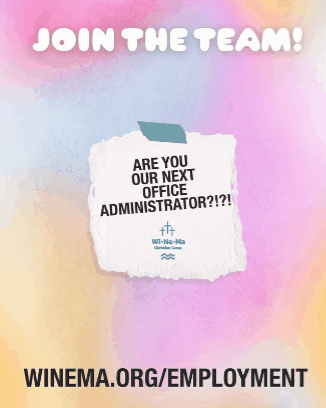
Neal Lemery – community volunteer, author and blogger neallemery.com
Books: Finding My Muse on Main Street, Homegrown Tomatoes, and Mentoring Boys to Men
I see a lot of loneliness in our society. Ironically, it is everywhere, and often found in the busiest places of our communities. With all of our personal technology, and seemingly effortless tools to “keep in touch”, we struggle with an epidemic of isolation. Loneliness is often invisible, seldom talked about, and not an easy topic of conversation. There’s a social taboo on vocalizing our emotional states, anyway, and falling silent and withdrawing is one of the traits of the lonely and isolated.
Three quarters of Americans have experienced moderate to acute loneliness. And, a quarter of us are at the high end of that emotional range.
Loneliness is most prevalent in ages under 25 and over 65. US News and World Report.
I recently came upon a friend, sitting by himself, head in his hands, in the middle of the busiest part of a big store.
Instead of tending to my shopping list and a busy day, I sat with him, and honored the silence between us. He looked up, barely acknowledging me, and then resumed staring at his hands and the floor. He’s normally talkative with me, telling stories of his kids, his work, and his art. Now, just silence, and a lot of pain. I felt his loneliness in the air we breathed, and from the bench where we sat.
My friend isn’t usually like this, brooding and silent. There’s something deep going on, I thought, and I best take the time to just be here with my friend.
The silence deepened, but it felt comfortable. I could tell that my presence was welcome, and that I should stay.
People whirled around us, the noise of shopping carts and kids, lots of conversations filling up the space. My friend’s silence became even more noteworthy in all the chaos and tumult. Intuitively, I decided to stay, my friend needing someone to just be with. Just being present is a valuable, and often greatly appreciated act of friendship.
My friend took a deep breath and sighed, and then began to talk, his voice barely above a whisper. He told a tale of anxiety and despair, how life has been a struggle, and that no one cared about him.
“I care,” I said.
“I know,” he replied. He talked more, the emotional dam letting loose, dark thoughts and pent up feelings spilling out, filling up the comfortable silence that we had. He looked me in the eye, and told a funny story on himself.
We laughed and he said he felt better, just being able to talk about life with someone.
“I’m better now,” he said. “You don’t have to worry about me now. I’ll be alright.”
“And thanks,” he said. “Thanks for sitting with me and being my friend.”
A few years ago, I took an empowering training on being sensitive to depression and suicidal ideation. QPR Training. That experience gave me the confidence to tune up my intuition and my compassion, and be able to be of some help to those in need of help in dark times. I asked a few questions, and said I knew of some resources if he needed them. He said he wasn’t at risk, but he appreciated my concern and the offer.
He thanked me for being a friend, and for taking the time to care.
Isn’t that task in the job description of being a human being and living in society? We all need to be aware and to take the time to help a fellow human being.
The rest of the day, I was more aware of the loneliness around me, and in my community. I made it a point to talk to people in the store, and say “hi”, how are you doing?”, and really meaning it.
The checkout clerk and I had a good conversation, and I realized that even though she was inundated with customers throughout her shift, the work can be lonely and isolating.
“There’s a misperception that loneliness means social isolation,” Dr. Dilip Jeste, a professor of psychiatry and neuroscience at the University of California at San Diego, said. “Loneliness is subjective. It is what you feel. The definition of loneliness is distress because of a discrepancy between actual social relationships and desired social relationships. There’s a discrepancy between what I want and what I have.”
Like most of us, I experience loneliness and depression. Those emotions are part of my humanity, and likely are at least partly influenced by the turmoil and pressures of our society, which corrode my efforts to take care of myself and be healthy. I’ve tried to build into my self-care regimen some tools to be less lonely, more connected with others. Among those tools are exercise, nutrition, taking time to be in nature, creativity, and engaging with others.
Volunteerism is suggested by Dr. Kasley Killam, in her article, A Solution for Loneliness, in the May, 2019 edition of Psychology Today. She urges us to volunteer at least two hours a week, which can reduce our sense of loss of meaning, and reverse cognitive decline. 2/3 of volunteers reported they now felt less isolated, which addresses the fact that a fourth to half of all Americans feel lonely a lot of the time. Loneliness makes many of us more prone to developing a wide range of physical and mental illnesses, including heart disease, cancer, diabetes and depression.
Self care, and community care. They go hand in hand and make a better world for all of us.

